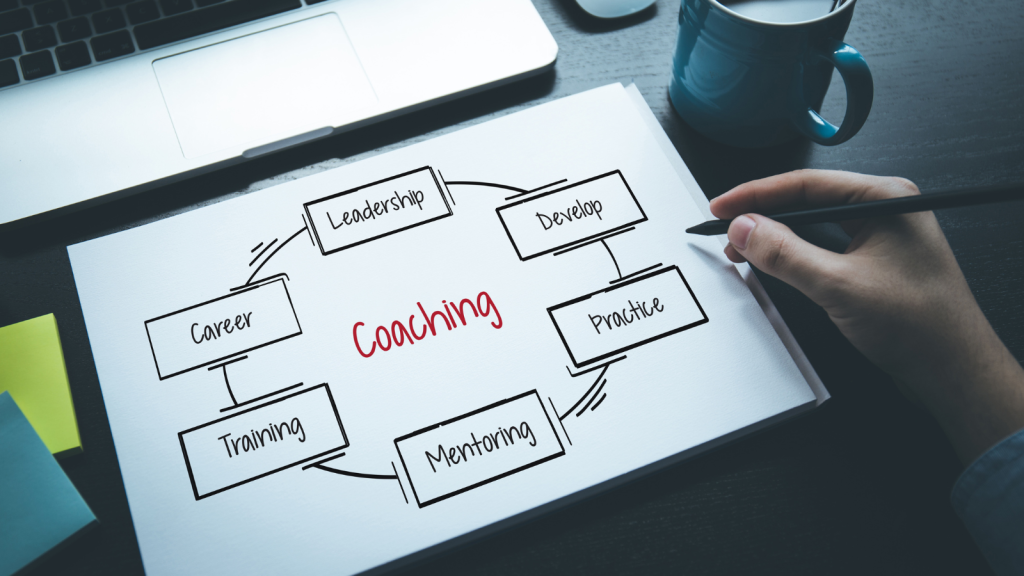Meet Sarah. Sarah is a life coach who’s passionate about helping people unlock their full potential. She has incredible insights to share, but there’s just one problem—she’s struggling to grow her audience and consistently engage with her clients. Social media helps, but she knows it’s not enough. She’s heard about email marketing but isn’t sure where to start.
If you’re like Sarah, you’re not alone. Many coaches and consultants undervalue email marketing, not realizing that it’s one of the most powerful ways to build trust, nurture relationships, and ultimately grow a coaching business.
This article will guide you through the best email marketing tips for coaches, uncover untold tricks, and even explore how NLP (Natural Language Processing) can enhance your email campaigns for greater exposure.
Why Email Marketing is Essential for Coaches
Imagine this: Sarah has a thriving coaching business with 1,000 Instagram followers. One day, the algorithm changes, and suddenly, her reach drops by 80%. She’s now at the mercy of a platform she doesn’t control.
This is why building an email list is so powerful—it’s an audience you OWN. No algorithm changes, no dependence on a third-party platform. Just direct communication with people who are genuinely interested in what you have to offer.
Here’s what email marketing can do for you as a coach:
- Build deeper relationships with your audience.
- Position yourself as an expert by sharing valuable insights.
- Automate client onboarding and nurture leads effortlessly.
- Sell your coaching services without sounding salesy.
- Create a steady stream of referrals through consistent engagement.
Step 1: Building an Email List from Scratch
Before Sarah can start sending emails, she needs people to send them to. The key to building an email list is offering something valuable in exchange for an email address. Here are a few irresistible lead magnet ideas specifically for coaches:
- A Free PDF Guide – Example: “10 Mindset Shifts to Unlock Your Potential”
- A Mini-Course – A short email series with valuable lessons.
- A Free Webinar – Teach a valuable concept and collect emails at registration.
- A Quiz – Example: “What’s Your Coaching Style?” with results delivered via email.
- A Private Community Invitation – Offer access to a VIP coaching email series.
Untold Trick: Use NLP-based tools to analyze the most engaging words for lead magnets. AI-driven copy generators can tweak headlines to boost conversions.
Step 2: Crafting Engaging Emails that Convert
Now that Sarah has an email list, the next challenge is writing emails that people actually want to read.
1. Personalization is Key
Ever received an email that felt like it was written just for you? That’s the power of personalization.
Instead of:
“Hey there, I have a new coaching program!”
Try:
“Hey Sarah, I know the journey to self-improvement can feel overwhelming. That’s why I created a simple 3-step method to help you gain clarity—let me share it with you!”
Pro Tip: Use NLP-powered email tools to analyze past engagement and adjust your email tone accordingly.
2. The Art of Subject Lines
Your email is useless if no one opens it. A compelling subject line can make all the difference.
Examples of high-converting subject lines for coaches:
- “Feeling stuck? Try this simple mindset shift”
- “ 3 ways to unlock your full potential today”
- “A personal note from me to you…”
Untold Trick: AI-based tools like Persado or Phrasee can analyze emotional triggers and suggest subject lines proven to boost open rates.
3. Storytelling That Resonates
People remember stories more than facts. Sarah can use storytelling to create deeper connections with her audience.
Instead of:
“Here’s my new coaching program. Sign up today.”
Try:
“Three years ago, I was stuck in a job I hated. I knew I was meant for more but had no idea how to break free. After months of trial and error, I found a system that changed my life. Today, I teach this system to my coaching clients—and I want to share it with you.”
Pro Tip: NLP sentiment analysis tools can analyze emotional impact and suggest tweaks for higher engagement.
Step 3: Automating Your Email Funnel
Sarah doesn’t want to manually send emails to every new subscriber. This is where automation comes in.
1. Welcome Sequence
Every new subscriber should receive a warm welcome. Example email sequence:
- Welcome Email – Thank them and introduce yourself.
- Value Email – Send a free tip or strategy.
- Personal Story Email – Share your journey and build trust.
- Call-to-Action Email – Invite them to book a free discovery call.
2. Regular Newsletter
A weekly or bi-weekly email keeps Sarah top-of-mind for potential clients. These can include:
- Inspirational stories
- Client success spotlights
- Quick mindset shifts or exercises
3. Sales Funnel Emails
When Sarah is ready to launch a coaching program, she can send:
- Teaser Emails – Build excitement.
- Open Cart Emails – Announce availability.
- Urgency Emails – Highlight limited spots or early-bird pricing.
Untold Trick: AI-driven tools can predict the best send times for each subscriber based on past engagement.
Step 4: Analyzing and Improving Performance with NLP
Sarah now has a solid email marketing strategy, but she wants to refine it further. This is where NLP comes in.
1. Sentiment Analysis
AI tools can analyze email responses to gauge audience sentiment. If subscribers express confusion or frustration, Sarah can tweak her messaging.
2. Content Optimization
NLP-based email tools can analyze which words trigger more engagement and suggest alternatives for better results.
3. Predictive Analytics
AI can predict which subscribers are most likely to convert into paying clients, allowing Sarah to focus her efforts effectively.
Final Thoughts
Sarah went from struggling with audience engagement to mastering email marketing. With a strategic approach—leveraging personalization, storytelling, automation, and NLP—she’s now able to consistently attract, nurture, and convert her subscribers into loyal coaching clients.
If you’re a coach or consultant, email marketing isn’t just another marketing tool—it’s your secret weapon. Start implementing these strategies today, and watch your coaching business grow effortlessly.
So, what’s your next email going to say?

